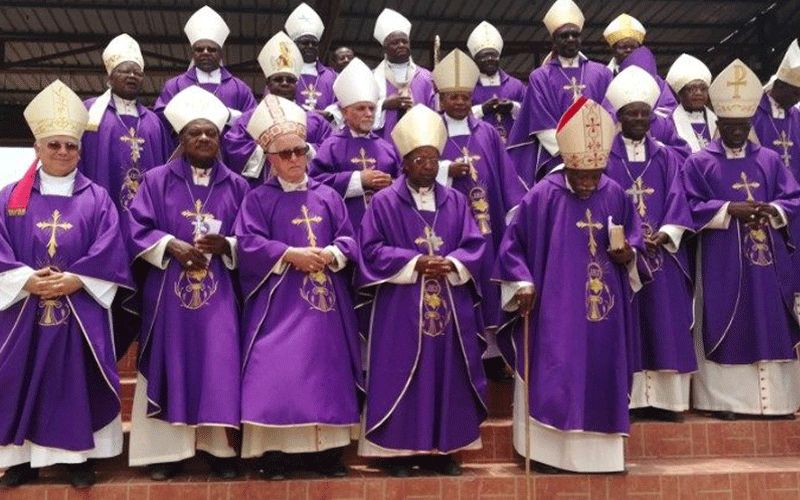Luanda, 11 March, 2020 / 12:22 am (ACI Africa).
The welfare of children will be the main focus of the three-year Pastoral Plan of the Bishops' Conference of Angola and São Tomé (CEAST), which will be launched in November this year, the Church leaders announced in a statement at the end of their first annual plenary assembly held from March 3-9.
“The Bishops have approved the pastoral programme for the triennium 2021/2023, with the theme "Children, affirmation of life and the future," reads in part the communique at the conclusion the plenary Assembly of CEAST Monday, March 9.
“In the first year of the new Pastoral plan, in 2021, we shall reflect on "Children affirming life", in the second year on "Children's faith education" and in the third year, on "The integration of children in the Church and society," the Bishops’ disclosed in their collective statement following their meeting at the Muxima Sanctuary, in Angola’s capital Luanda.
“We urge all dioceses, parishes, religious groups and movements to adhere to the new pastoral plan so as to ensure a better future for our children who have an active role in the growth of the Church,” adds the message read by CEAST spokesman, Bishop Belmiro Cuica Chissengueti.
The Plenary Assembly examined issues relating to the protection of the family, the fight against corruption and the repatriation of capital illicitly taken out of their countries.








